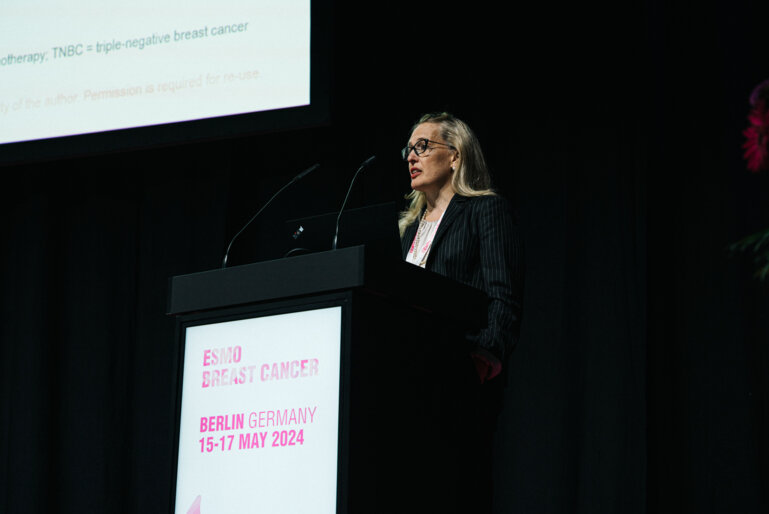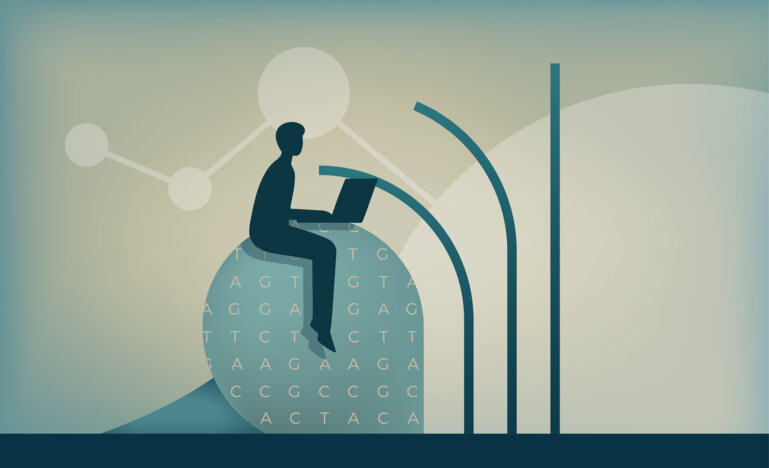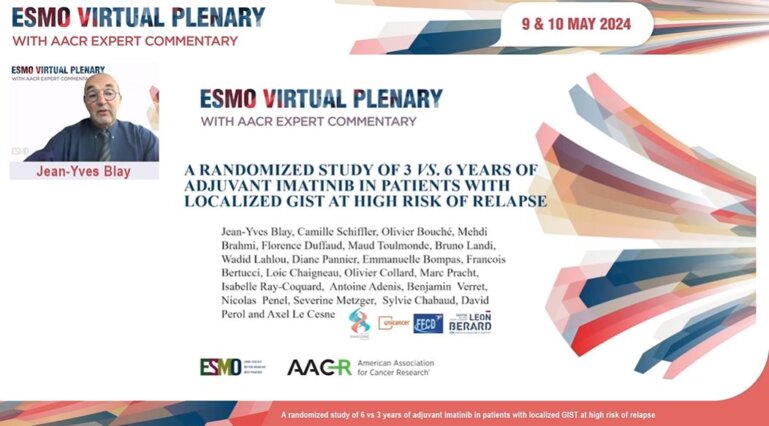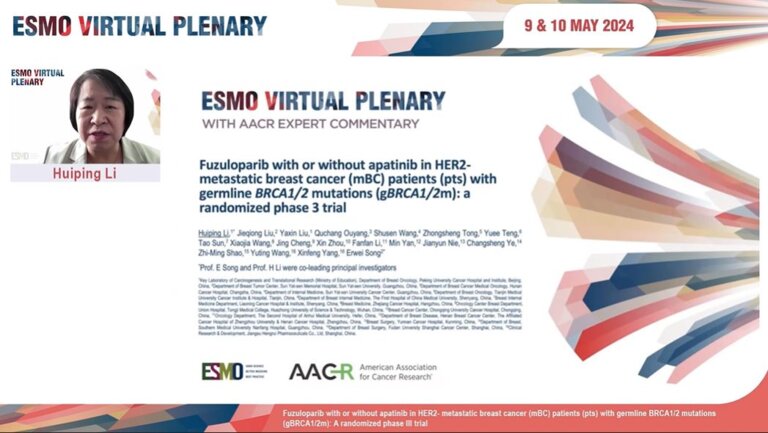
Good tolerability of datopotamab deruxtecan supports its place in the treatment of HR+/HER2− breast cancer
In the TROPION-Breast01 trial, adverse events of special interest were generally low grade, easily managed and did not compromise scheduled treatment









